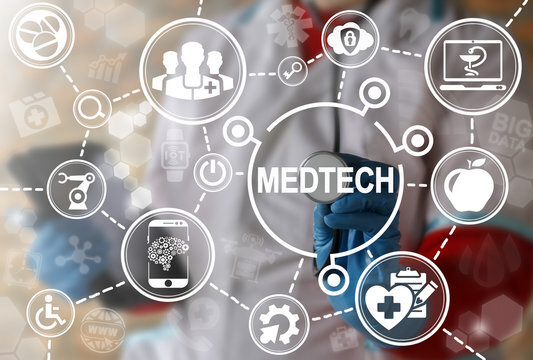Expert Insights from In-House Lawyers: Navigating Legal and Regulatory Challenges
June 27, 2024
In a lively panel discussion moderated by Mark Gardner at a Gardner Law CLE program in Austin, Texas, experienced legal professionals from the medical device industry shared their insights and strategies for addressing the complex legal and regulatory challenges faced by companies in this rapidly evolving field. Panelists included Albert Li, Chief Legal Officer, General Counsel & Compliance Officer, Owlet Baby Care; Steve Tamayo, Vice President, Chief Compliance Officer, Sight Sciences; and Scott Way, General Counsel & Compliance Officer, Impulse Dynamics. The panelists, all in-house counsel at medical device companies, offered practical advice and real-world examples to help attendees better understand and manage these complexities.
Product Classification: A Critical First Step
The panel emphasized the importance of accurate product classification early in the development process. Determining whether a product is a drug, device, or combination product can significantly impact the regulatory pathway, marketing strategies, and reimbursement options. The panelists shared personal experiences where misclassification led to delays, increased costs, and even potential legal issues. The topic of classification was also covered by Nate Downing during his session. We encourage in-house legal professionals to be involved in, or at least aware of, FDA-regulated matters, including the manufacturing and promotion of products, and product submissions for new products.
Legal and Compliance: The Role of Trusted Advisors
The discussion highlighted the vital role that legal and compliance teams play in ensuring regulatory compliance and mitigating risk. Panelists stressed the importance of being proactive, inquisitive, and building strong relationships with cross-functional teams. They emphasized the need for legal professionals to understand the business, its technology, and the regulatory landscape to effectively guide the company through the development and commercialization process. Knowing how to insert yourself is critical. The experts offered some ideas on how to get involved without being viewed as obtrusive or out of place. Amanda Johnston also discussed ways to mitigate compliance risk during her session.
Whistleblower Risks: Fostering a Culture of Openness
The panel addressed the growing concern of whistleblower cases in the industry. We reported here on records set in 2023 when 1012 new False Claims Act matters were opened. The experts emphasized the importance of creating a culture of openness and trust where employees feel comfortable raising concerns internally. Robust communication channels, comprehensive compliance programs, and clear non-retaliation policies are crucial for addressing potential issues before they escalate.
Data Privacy: Navigating a Patchwork of Laws
The discussion touched upon the challenges posed by the increasing number of state-level privacy laws, which Paul Rothermel discussed during his session. While a federal law would simplify compliance, panelists suggested adopting a risk-based approach by focusing on high-risk areas and adhering to stricter standards like GDPR or CCPA. They also highlighted the importance of engaging privacy experts, conducting audits, and staying up-to-date with the evolving privacy and cyber regulatory landscape.
Beyond the Basics: Other Key Issues
The panel also briefly touched upon other critical legal issues in the medtech industry, such as the implications of the Supreme Court's decision in Chevron and the potential impact of changes in reimbursement policies. Litigator David Graham discussed what comes next for Chevron. Learn more here.
Conclusion
This informative panel discussion provided valuable insights into the multifaceted legal and regulatory challenges faced by medical device companies. By understanding these issues and adopting proactive strategies, companies can better navigate the complex landscape and achieve success in this dynamic industry. To delve deeper into these topics and hear real-world examples, we encourage you to watch the full panel discussion video on our YouTube channel.